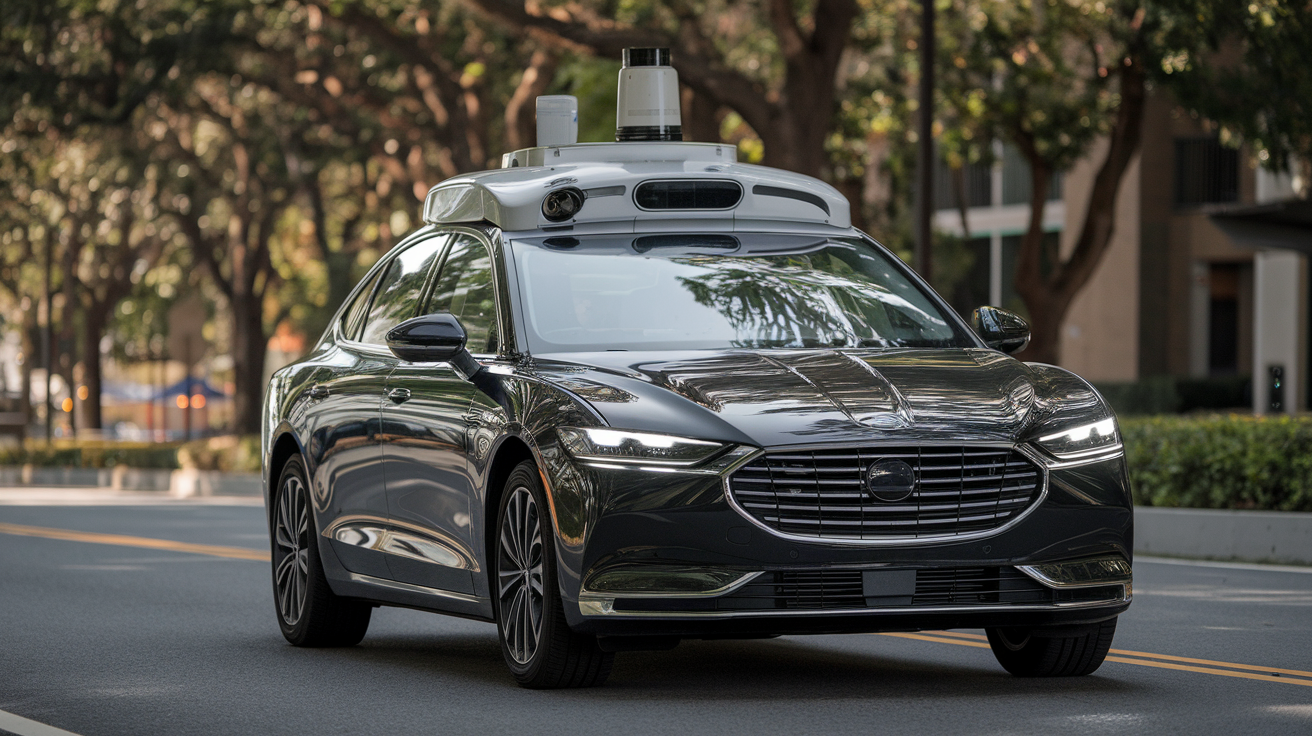
Rita Farhat Mukand
I waited in Dr. Bhairab Sarma’s office at the University of Science and Technology, Meghalaya (USTM). The air was busy with the bustling of students and professors streaming into classes after lunch. I was to meet the Professor to discuss the baffling questions that are stirring generations of people to ask what is AI exactly because its conglomerates keep evolving making it tough to understand Artificial Intelligence in a nutshell.
Dr. Bhairab is an Associate professor in the Department of Computer Science at the University of Science and Technology Meghalaya. When Awaz-the Voice requested him to share his explanation of AI, he readily complied.
He said, “In today’s world, world, technology is rapidly growing, very fast, and we are getting in touch with different new technologies day by day. Here, one of the booming technologies of computer science is Artificial Intelligence which is ready to create a new revolution in the world by making intelligent machines. Artificial Intelligence is now all around us. It is currently working with a variety of subfields, ranging from general to specific, such as self-driving cars, playing chess, proving theorems, playing music, painting, and many other spheres.
What exactly is Artificial Intelligence?
Artificial Intelligence means "a man-made thinking power." It is a branch of computer science by which we can create intelligent machines that can behave, think and take decisions like a human being. It exists when a machine can have human-based skills such as learning, reasoning, and solving problems. At present, AI is used for creating software and devices which can solve real-world problems easily and with accuracy. Using AI we can build Robots to reduce humans' physical labour and can open a path for other new technologies, new devices, and new opportunities.
The components of Artificial Intelligence are so broad and depend on many different elements; it is not solely a component of computer science. We must first understand the composition of intelligence to develop AI. Intelligence is an intangible component of the brain that consists of reasoning, learning, perception, problem-solving, language comprehension, and other processes. To achieve these characteristics, artificial intelligence necessitates a combination of computer science, biology, psychology, sociology, mathematics, neurology, statistics, and more.
AI applications
Artificial Intelligence has various applications in today's society. It is becoming essential for today's time because it can solve complex problems efficiently in multiple industries, such as Healthcare, entertainment, finance, education, etc. AI is making our daily life more comfortable and faster.
The uses of AI in different areas are mind-blowing and keep expanding daily which is why there can be no one definition for its applications. Here are some of the applications of Artificial Intelligence that is making this a necessity to employ in the modern world:
There is AI in Astronomy where the AI systems can automatically identify and classify celestial objects in astronomical images, aiding in discovering new stars, galaxies, and other cosmic phenomena. In simple words, AI can spot and sort out things in space by looking at pictures. AI helps astronomers to find planets outside our solar system by looking at lots of data.
Robotic surgery in progress
And Many More…
AI can be used in hospital management systems. It helps with things like when patients come in, where to put resources like doctors and supplies, and how to make sure everything runs well. It can even guess how many patients might come in ahead of time, so hospitals use their staff and resources in the best way possible.
AI is used heavily in Gaming where it is like the brains behind game characters that aren't controlled by players. They make these characters, called NPCs, act more like real people or clever enemies. They can learn from what players do and change their behaviour, which makes games more exciting and lifelike. Imagine playing a game where the bad guys learn and adapt to your moves - that's what AI does.
Smart technology
Also known as Smart Technology, it is capable of creating video game elements on its own. Without human intervention, it can generate maps, levels, and explorable locations. AI makes games more realistic in terms of appearance and behaviour. They provide visuals that closely resemble the actual world and give the movement of objects in video games a realistic, lifelike sense. To make the game appear fluid and spontaneous, they even make educated guesses about what players could do next.
AI is very useful in finance, used in fraud identification, automated trading and risk controlling during bank transactions. AI keeps an eye on bank transactions all the time. They act like super detectives who can spot strange things happening with money, like someone weirdly using a credit card. When they see something fishy, they raise the alarm and protect themselves from malfunctioning. It uses various algorithms to swiftly buy and sell stocks while analyzing all the market information. This boosts trading strategies, making investments more efficient and profitable.
AI in Data Security acts as a digital detective. It looks at big piles of data and watches for anything strange or out of the ordinary, like someone sneaking into a digital vault or trying to steal secrets. When it sees something fishy, it raises the alarm, helping to keep important data safe from cyber-attacks.
AI in Social Media is surging with AI chatbots and virtual assistants acting as digital helpers on social media. They're quick to respond and can talk to you just like a real person. They answer your questions, share information, and even help with problems. It's like having an assistant available 24/7, making your social media experience smoother and more helpful. AI can figure out how people feel on social media. It looks at what they say in comments and posts and decides if it's a happy, sad, or neutral kind of message.
AI in Travel and Transport
AI plays a crucial role in optimizing travel routes, be it for parcel deliveries, public transportation, or personal trips. It efficiently calculates the swiftest and most economical paths from one point to another point, resulting in reduced travel time, minimized fuel consumption, and cost savings. Essentially, it serves as a pocket-sized travel advisor, enhancing the speed and budget-friendliness of your journeys. It also helps to keep travelling safely. It uses special skills to scan bags and people quickly. It can spot things that might be dangerous and make security checks faster and smoother. This means you can fly knowing that the airport is working hard to keep you safe without making your travel a hassle.
 A driverless car
A driverless car
AI in the Automotive Industry
In our crowded world, a self-driving car is a pipe dream. This dream can be realized with AI. Using a variety of sensors, it assesses the environment around the vehicle to determine what it should do, such as turning or stopping. AI gives a car more intelligence to protect its occupants. It can also automatically change speed on the highway, help keep the car in its parking space, and quickly apply the brakes when it senses danger. Like a co-pilot, these clever features make sure you stay safe by averting collisions and making sure you reach your destination without incident. Additionally, drivers may use natural language to operate a variety of vehicle features, including music, navigation, and communication, thanks to AI-driven speech recognition technologies.”
Robotic world:
AI contributes with Self-Moving Robots, Object Recognition and Manipulation, Collaboration of Humans and Robots and makes robots really smart at moving around on their own. It's like giving them a built-in GPS and a clever brain. They can figure out where to go and how to get there without bumping into things or needing a person to show them the way.
This helps them do tasks like delivering packages or exploring places on their own, making them super independent. AI gives robots sharp eyes and clever hands. It helps them see objects clearly and then pick them up and move them just right. If a person does something, the robot can understand and follow their lead. This makes workplaces safer and more efficient, like having a trusty robot colleague who understands and supports you.”
AI and Creativity
AI is used expansively in entertainment as a creative sidekick for artists and creators. It can make music, art, and videos or help improve what they create. It's like having a helper that speeds up the creative process, making it easier to bring new ideas to life. This way, artists can focus more on their vision, and AI handles the technical bits. It can translate what people are saying in real-time, add cool effects that blend with what's happening, and even predict what the audience will like. This makes shows and events more exciting and enjoyable for everyone there. It's like having a magic touch that brings performances to life in new and amazing ways.
AI in Agrioculture
A ray of hope shone into the agricultural industry through AI facilitating farmers in crop observation and controlling, farming efficiently and monitoring livestock. With the help of various sensors, it keeps an eye on them, making sure they're healthy and growing well and informing farmers when it's the best time to plant, water, and harvest the most crops. It's like having a farm expert who ensures the fields are super productive so farmers can get the most out of their hard work. It helps farmers use just the right amount of things like fertilizer and pesticides, not too much and not too little.
Drone spraying pesticides in a field
Crops started to flourish more easily with less labour when AI started controlling several machines like tractors and drones. These machines can plant seeds, remove weeds, and spray stuff on crops all by themselves. They do it super well and exactly as needed, like having expert farmers who never get tired and work perfectly, making farming easier and more efficient.
AI revolutionized E-commerce suggesting the trick of online shopping with more fun and helping in finding new things in the market. It takes care of a store's shelves, predicts how much of each product people will buy automatically orders more when needed and dynamically adjusts pricing according to demand, market competition, and inventory levels, ensuring customers receive optimal value while enhancing the store's profitability.
AI and Education
In education, it marks a big boost for teachers and learners acting as a teaching assistant for teachers helping them in making things like quizzes, lesson plans, and study materials making teaching easier and better because educators have more time for students, and the materials are top-notch. It's like having a super-efficient helper who does the paperwork, leaving teachers more time to inspire students. AI can act as a virtual learning assistant to answer questions, explain things, and offer help whenever students need it, day or night. This makes learning easier and more fun because students have someone to turn to whenever they're stuck.
The applications of AI are vast and diverse, touching nearly every aspect of our lives. From healthcare to finance, astronomy to gaming, and transportation to entertainment, AI is reshaping industries and propelling us into a future where the possibilities seem limitless. As AI continues to advance, its impact on society is poised to grow, promising increased efficiency, better decision-making, and innovative solutions to some of our most pressing challenges. Embracing and responsibly harnessing the power of AI will be key to unlocking its full potential and ensuring a brighter future for all.
ALSO READ: Indo-US economic ties unlikely to change no matter who moves into White House
He is of the same view as Bill Gates who once said, "The advance of artificial intelligence is going to be the most important technological development in human history."
Rita Farhat Mukand is an independent writer and author.
